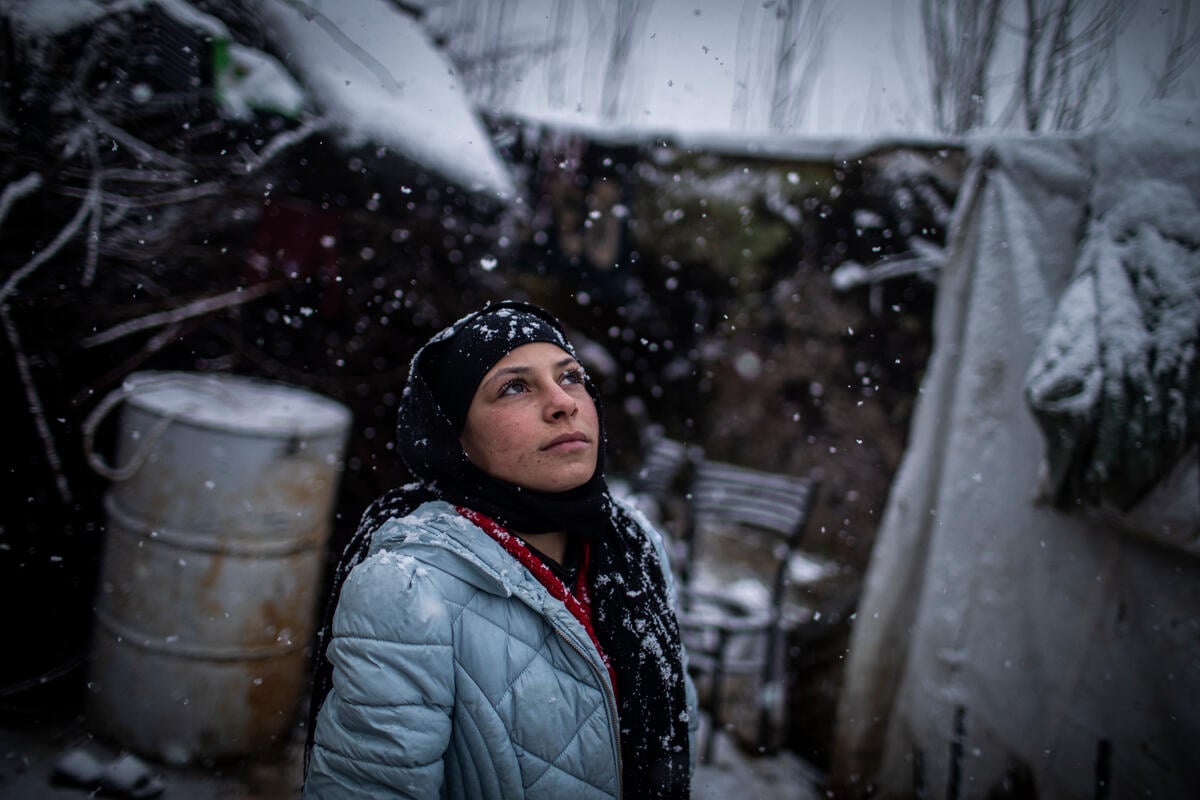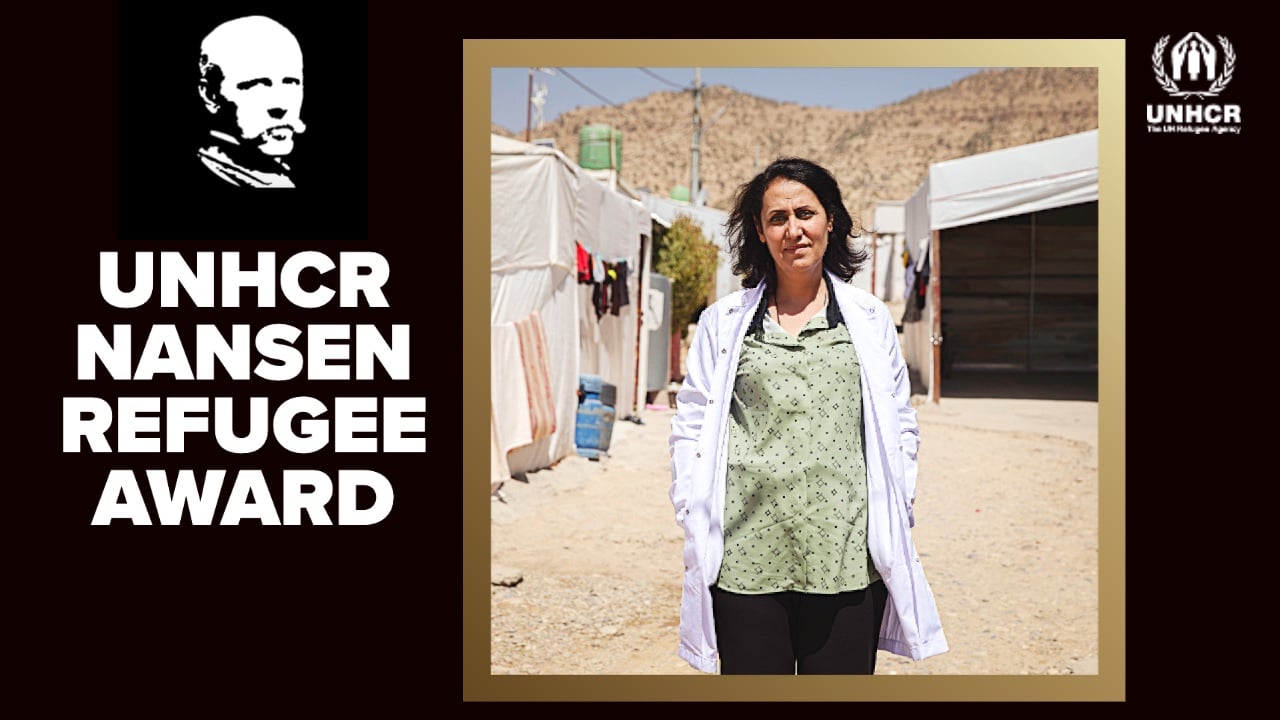UNHCR appeals for funds to aid returning Iraqis
UNHCR appeals for funds to aid returning Iraqis
26 June 2003
GENEVA - The UN refugee agency (UNHCR) today appealed for $90.6 million to fund its assistance operations in Iraq, where the agency is helping more than 110,000 refugees mainly from Palestine, Iran and Turkey, and assisting Iraqi refugees and displaced persons who are now starting to return home spontaneously.
The refugee agency, which already received more than $59 million in funds before and during the recent war in order to prepare for a refugee outflow and cover the costs of pre-positioning relief supplies and staff throughout the region, requires an additional some $31 million to meet its estimated needs through the end of 2003. UNHCR's appeal is part of a joint inter-agency request for $259 million.
"Iraq is facing enormous needs after years of neglect," UN High Commissioner for Refugees Ruud Lubbers said. "UNHCR and our humanitarian partners require urgent assistance to help the Iraqi people and to maintain life-giving aid programmes to ensure that returning Iraqis have basic assistance and infrastructure so their return and reintegration is durable. This will take some time."
High Commissioner for Refugees Ruud Lubbers plans to travel to Iraq and the surrounding countries in mid July to meet with Iraqi community leaders and officials from the Coalition Provisional Authority as well as visit displaced Iraqis in the north of the country and marsh Arabs residing in the south. He will also meet regional leaders and Iraqi refugees in neighbouring states. The UN refugee agency currently has more than 60 staff operating in Iraq's three main regions.
One key role of the refugee agency is to help Iraqis avoid new internal conflicts because of tensions on the ground. Earlier this week UNHCR distributed aid to some 500 Iraqi Kurds who were returning to villages in northern Iraq's Makhmour District. That return followed an agreement negotiated between Arab settlers and the Coalition Provisional Authority and local officials to ease the reintegration of the former residents who were forced from the areas under the former government's "Arabisation policy."
Also this week the refugee agency began the registration of Syrian refugees in Iraq, many of whom left their country 30 years ago. Some have now expressed a wish to return to their homeland.
UNHCR is currently aiding more than 4,000 Palestinian refugees currently sheltering at a sports facility in Baghdad, including the provision of tents, blankets and other materials. It is also upgrading water and sanitation facilities and providing air conditioners to shield elderly and vulnerable persons from the heat. The Palestinians were forced from their homes by their Iraqi landlords who for decades were paid rent by the government of Saddam Hussein.
UNHCR has also resumed assistance activities at the Al Tash and Makhmour refugee camps in Iraq and settlements hosting Iranian refugees in the south of the country. The agency is also assisting some 2,000 refugees from the recent conflict at camps in Jordan and on that country's frontier with Iraq.
The refugee agency judges that of the some 1 million Iraqi asylum seekers, refugees and other exiles in refugee-like situations outside their homeland, around half may need help in going home if conditions on the ground are appropriate.
"This year we will largely focus on laying the groundwork for returns," Lubbers said. "I don't anticipate large-scale organised return until next year."
In recent months, UNHCR has monitored the repatriation of hundreds of refugees leaving from neighbouring countries. But the agency believes that security in Iraq is still unsatisfactory and recommends that the some 500,000 Iraqi refugees mainly living in Iran, Jordan, Saudi Arabia, Syria and further afield delay their return until security and the necessary infrastructure are established.








